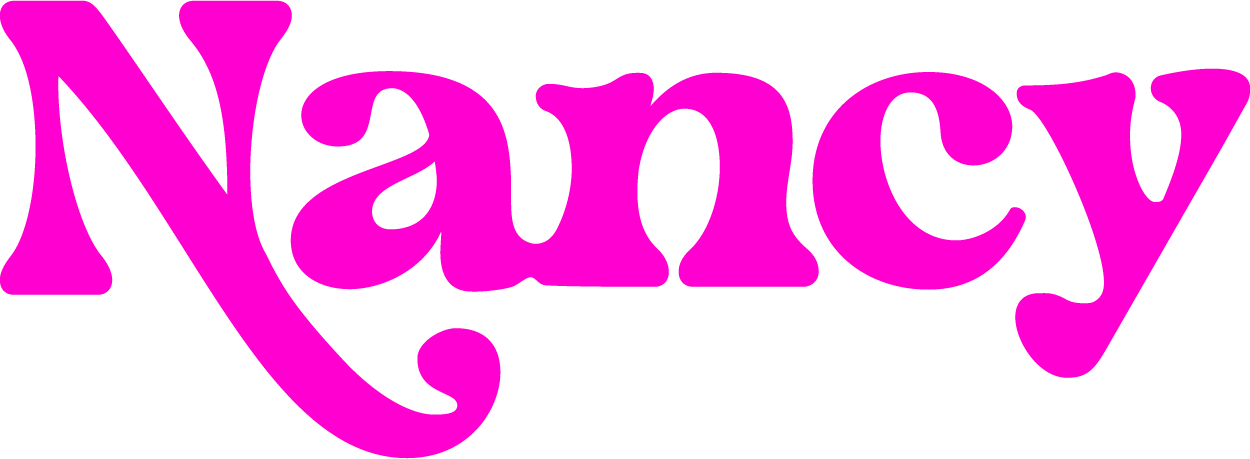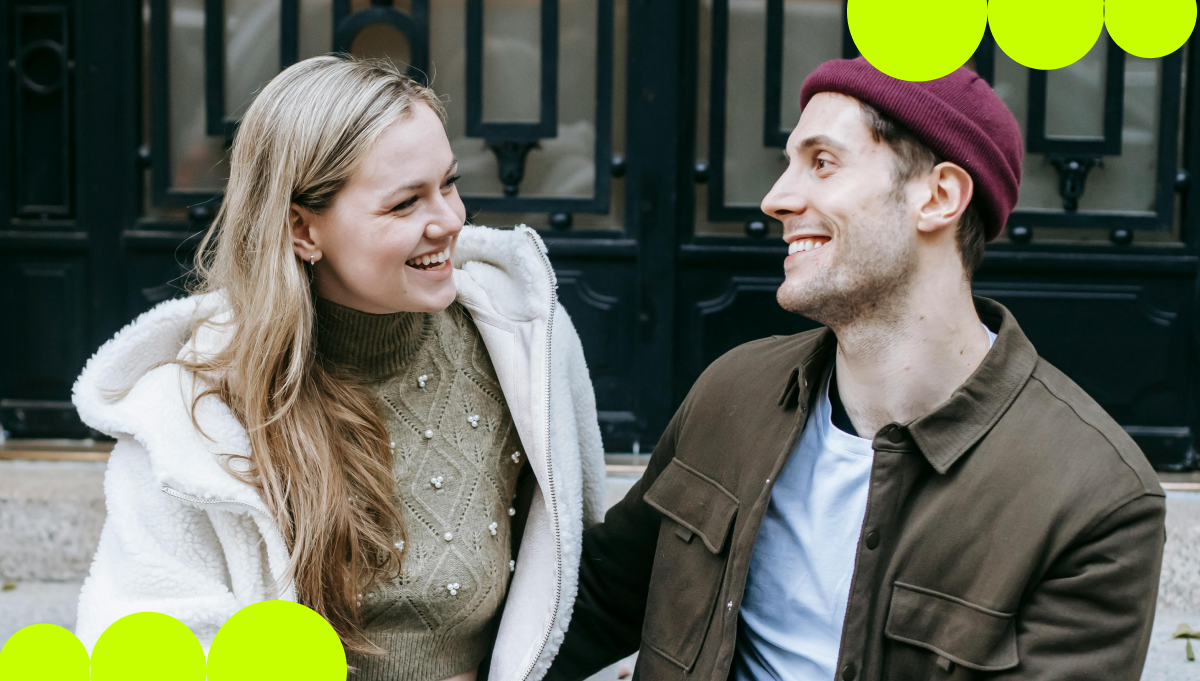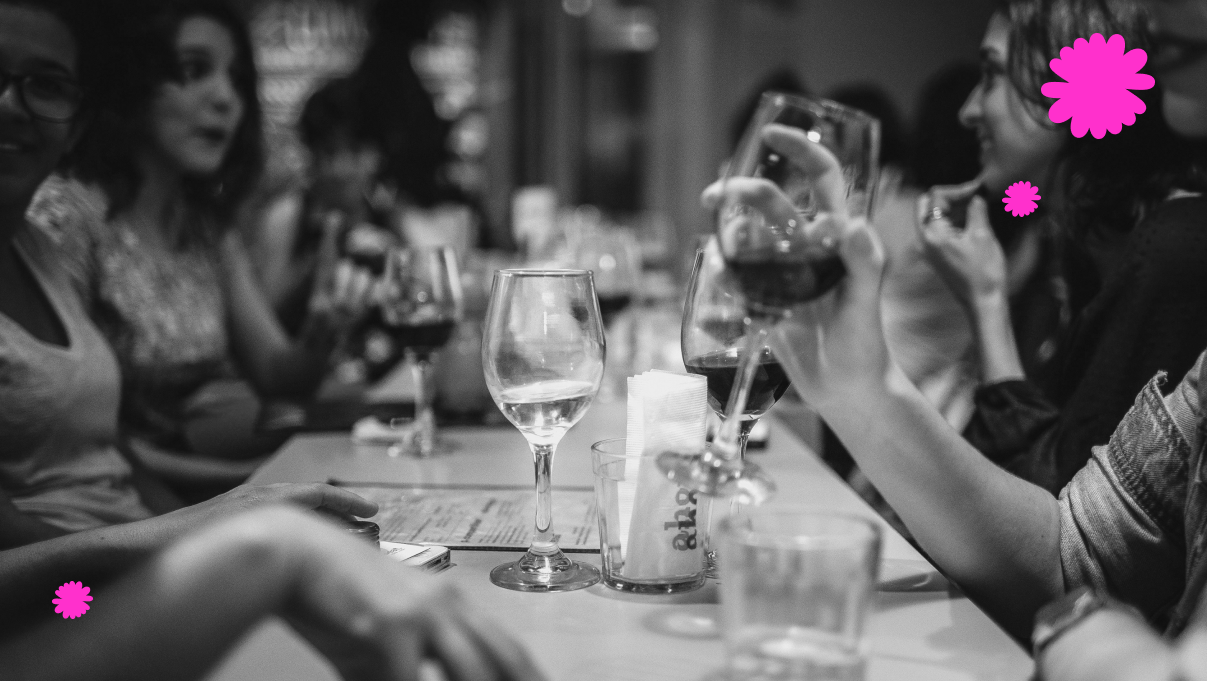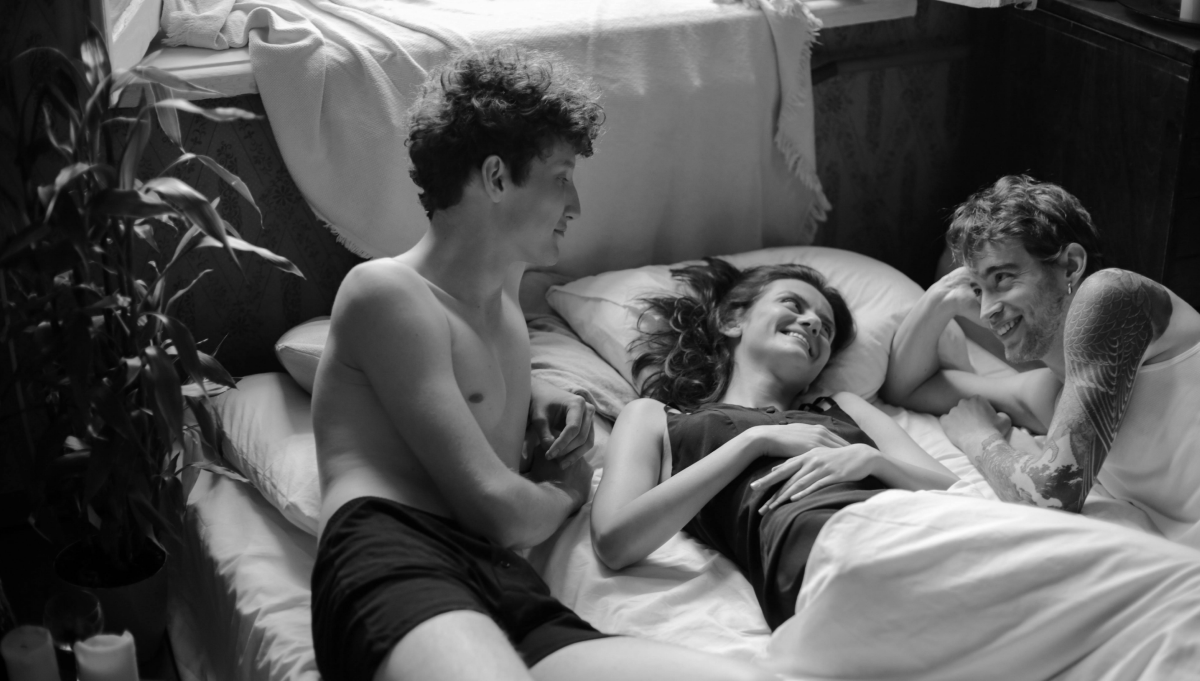
Recognizing the shift from friendship to love
Understanding the transition
Recognizing the shift from friendship to love can feel like a lightbulb moment or a gradual awakening. 🌟 Sometimes, it's not until a significant event, like seeing your best friend with someone else, that feelings become clear. For instance, you might think you're just really good friends until jealousy hits when they start dating someone else. It's like, "Whoa, why does this bother me so much?" 😳 That's a clue!
Identifying key moments that indicate change
Key moments can be subtle or significant. Maybe it's the butterflies when they touch you or the disappointment when they cancel plans. You might find yourself overanalyzing texts or suddenly caring a lot about your appearance around them. These changes in your emotions and behavior are signs that your feelings are more than platonic. 🦋
When you're around them, there's this undeniable happiness, and honestly, you just never want that to change. It's those moments when they tell you about their dates, and you feel a punch in the gut—yep, that's not just friendship.
The gradual realization and its impact
As these feelings develop, you might struggle with doubts and fears, worried about ruining the friendship. But remember, great relationships often start with a strong foundation of friendship. You already know each other well, which can make the transition to romance feel more natural and less pressured. 😌
The realization that you're in love with your best friend can be both thrilling and terrifying. But embracing these feelings can lead to a deeper, more fulfilling relationship. So, if you find yourself constantly thinking about them, caring deeply about their happiness, and feeling a deep connection, it might be time to consider what your heart is truly saying. 💖
Navigating this change requires honesty and vulnerability, but it's worth exploring to see where this beautiful journey can lead. Just go with the flow, and let your heart lead the way!
Facing the fear of ruining the friendship
Facing the fear of ruining a friendship when feelings of love emerge can feel like walking a tightrope. It's a blend of excitement and anxiety, knowing that every step could drastically change the dynamic you cherish. Here, we'll dive into the risks, potential outcomes, and the ways to navigate this delicate situation.
Risks of expressing romantic feelings
Confessing your feelings to your best friend is a bold move that comes with its set of risks. The biggest fear? The potential change or even loss of a valued friendship. It's like opening Pandora's box—once you share your feelings, you can't undo the knowledge, and it might lead to awkwardness or tension. This could be especially true if your friend doesn't reciprocate your feelings, leading to discomfort or a need for space. However, keeping these feelings hidden might mean living a lie, feeling uncomfortable every time they discuss their romantic interests or dates. It's a tough call, but honesty can sometimes lead to a more authentic relationship, whether platonic or romantic.
Potential outcomes and how to deal with them
The outcomes of confessing your feelings can vary widely:
1. Mutual feelings: Best-case scenario—your friend feels the same way! This can deepen your bond and potentially lead to a fulfilling romantic relationship founded on strong friendship.
2. Unrequited feelings: If your friend doesn't feel the same way, it's crucial to handle this with maturity. It might be awkward at first, but with open communication and mutual respect, you can gradually return to a comfortable friendship.
3. Uncertainty: Sometimes, your friend might be unsure about their feelings. This scenario opens up a space for honest discussions about your relationship, which can strengthen your connection, regardless of the romantic outcome.
Navigating these outcomes requires empathy, respect, and a willingness to accept whatever decision your friend makes. Remember, the goal is to preserve the friendship and respect each other’s feelings.
Navigating the uncertainty
Dealing with the uncertainty after confessing your feelings involves a delicate balance of open communication and giving space. It's important to:
- Communicate openly: Discuss your feelings and concerns honestly, but also listen to your friend’s thoughts and feelings.
- Give them space: Allow your friend time to process the confession without pressure. They may need time to sort out their feelings and decide how they want to proceed.
- Respect their decision: Whether they want to pursue a romantic relationship, stay friends, or need some distance, respecting their choice is crucial for maintaining trust and respect in whatever relationship form you continue.
Embracing this journey requires courage and the understanding that whatever the outcome, you have been honest with yourself and your friend. This authenticity is the foundation of any strong relationship, romantic or otherwise. Remember, it's okay to take risks for the sake of personal truth and potentially deeper connections. Just keep the lines of communication open, and let the chips fall where they may! 🌈
Navigating the confusion of mixed signals
Navigating the confusion of mixed signals in any relationship, especially when it involves someone as important as a best friend, can be like trying to solve a puzzle without all the pieces. Here's how we can approach this tricky situation with a blend of directness and sensitivity.
Deciphering actions and words
When dealing with mixed signals, the first step is understanding that actions and words may not always align. 🤔 For example, if your best friend is extra affectionate one day and distant the next, it's easy to feel confused and start making assumptions. Instead of letting these signals set the tone, it's crucial to look at the broader context of your interactions. Are there external stresses that might be affecting their behavior? Understanding these nuances can prevent misunderstandings.
Seeking clarity and direct communication
The key to navigating mixed signals is open and honest communication. It might feel daunting, but addressing the issue directly can clarify many doubts. Approach your friend in a non-confrontational way and express how their mixed signals are affecting you. You could say something like, "I've noticed some changes in how we interact, and I'm feeling a bit confused. Can we talk about it?" This opens up a dialogue and shows that you value the relationship enough to understand it better.
Avoiding assumptions
Assumptions are often at the heart of why mixed signals feel so perplexing. We might interpret a friend’s casual comment or a canceled plan as a sign of disinterest, but these interpretations can be far from reality. Encourage a culture of asking rather than assuming within your friendship. If something isn't clear, ask about it! For instance, if your friend jokes about dating but hasn't explicitly expressed interest, don't assume they're hinting at something more—get clarity.
By focusing on these approaches, you can navigate through the fog of mixed signals with more confidence and less confusion. Remember, every strong relationship, be it platonic or romantic, is built on a foundation of understanding and clear communication. Keep the lines open, stay empathetic, and let your friendship evolve naturally.
The importance of honesty and vulnerability
Opening up about your feelings can feel like a daunting leap into the unknown, but it's a step that brings immense rewards. 🌟 Honesty in expressing our deepest fears, hopes, and dreams can transform relationships, fostering a deeper connection and understanding. When we share our true selves, we invite others to do the same, creating a space where genuine intimacy can flourish.
Opening up about your feelings
It's not just about being honest; it's about being real with the people who matter to us. Expressing our feelings openly can sometimes feel like we're showing our weakest sides, but in reality, it's a strength that draws people closer. 🤗 When I started to share more of my true feelings with friends and loved ones, the relationships deepened. It wasn't always easy, but the emotional support and bonds that formed were worth every moment of vulnerability.
The strength in vulnerability
Vulnerability is not a weakness. In fact, it's one of the bravest things we can do. It involves letting go of our need for control and perfection, showing our authentic selves. As Brené Brown puts it, vulnerability is the birthplace of love, belonging, joy, courage, empathy, and creativity. It's that magical place that allows for true human connections. 🌈 Embrace your imperfections and let them be seen; it's how people truly get to know and love the real you.
Constructive ways to express emotions
Expressing our emotions in a healthy way is crucial. It's not just about venting, but about communicating in a way that others can hear and respond to without feeling overwhelmed or defensive. Here are a few strategies:
1. Use "I" statements: Instead of saying "You make me feel...," express it as "I feel..." This small change can make a big difference in how your words are received.
2. Be clear and direct: Vagueness can lead to misunderstandings. Clearly stating what you feel and why helps others understand your perspective.
3. Practice active listening: When discussing emotions, it’s just as important to listen as it is to speak. Show empathy and understanding for the other person’s feelings as well.
Navigating the path of honesty and vulnerability is challenging but incredibly rewarding. By choosing to be open about our emotions, we not only free ourselves from the burden of hidden feelings but also give our relationships a chance to grow deeper and more meaningful. Let's keep the conversation going, and remember, it's about progress, not perfection! 🌟
Deciding whether to pursue a romantic relationship
Evaluating the potential for a deeper connection
Deciding to shift from platonic to romantic with your best friend isn't just about feelings; it's about genuinely evaluating the potential for a deeper connection. 🌟 We know each other inside out, right? This unique understanding can be a solid foundation for a romantic relationship. But, it's crucial to ask ourselves: Are we emotionally compatible beyond the surface-level friendship? Do our long-term goals align in a way that supports a romantic future together?
Pros and cons of transitioning from friends to lovers
Let's get real about the pros and cons of dating our best friend. On the plus side, the comfort and trust we share are unmatched. We skip the awkward getting-to-know-you phase and dive right into the deeper stuff. 🤗 But, it's not all rosy! Transitioning can change our dynamics—what if things get awkward or we break up? Could I lose my go-to person for everything? Weighing these pros and cons honestly is key to making a decision that feels right for both of us.
Preparing for possible changes to the dynamic
If we decide to go for it, preparing for changes in our dynamic is crucial. Say we used to vent to each other about dating woes, but now we're dating each other! We'll need to find new confidants for certain chats. 🤔 Plus, how will our mutual friends react? Will they feel weird hanging out with us? Setting clear expectations and maintaining open lines of communication can help us navigate these shifts smoothly.
Taking the leap from friends to lovers is no small decision. It requires a lot of thought, a dash of courage, and heaps of honesty. If we decide to take this step, let's promise to keep our friendship values at the core, no matter the romantic outcome. Here's to possibly turning a beautiful friendship into an even more beautiful love story! 🌈
Maintaining friendship if romance doesn't flourish
Navigating the delicate transition from a romantic attempt back to platonic friendship can be challenging, yet it's entirely possible with the right approach and mindset. Here's how to maintain the friendship if romance doesn't flourish, focusing on protecting the original bond, navigating back to friendship, and setting new boundaries if needed.
Protecting the original bond
First and foremost, it's crucial to remember why you became friends in the first place. Focus on the aspects of your friendship that were strong before romantic feelings emerged. This might include shared interests, mutual respect, or a deep understanding of each other. Rebuilding these elements can help restore the friendship to its former state. 🌟
If misunderstandings or hurt feelings occurred during the romantic phase, a sincere apology can help mend the bond. It's important to communicate openly about what happened, ensuring both parties feel heard and understood. This honest dialogue can clear up any residual feelings and set the stage for a renewed friendship.
Navigating back to friendship
Giving each other adequate space is essential to allow emotions to settle. This might mean taking a break from frequent contact or refraining from discussing certain topics that might reignite romantic feelings. As you both adjust, gradually reintroduce the activities you enjoyed together as friends. Whether it's watching a favorite TV show or going for a jog, these shared activities can help reestablish the comfortable dynamics of friendship.
Be patient during this transition. It's not uncommon for it to take time for things to feel 'normal' again, and that's okay. Both parties must be willing to work through awkwardness and commit to the friendship without romantic expectations.
Setting new boundaries if needed
As you navigate this new phase of your relationship, setting clear boundaries is key. Discuss what feels comfortable for each of you in terms of physical contact, conversations about dating others, and how much time you spend together. These boundaries should respect both parties' feelings and help prevent similar issues from arising in the future.
For example, if spending too much time together brings back romantic feelings, you might agree to see each other in group settings more often than one-on-one. Or, if discussing each other's dating life is uncomfortable, you might choose to keep those conversations off the table.
Maintaining a friendship after an unfulfilled romantic endeavor requires effort from both sides. It involves respecting each other's feelings, communicating openly, and most importantly, wanting the best for each other as friends. With these approaches, you can preserve a valuable friendship even if the romantic aspect didn't work out. Remember, true friendships can withstand challenges, and this one has the potential to become stronger than ever. 🌈
Wrapping up with a nudge
Navigating the terrain of love and friendship, especially when those worlds collide, can feel like being on a rollercoaster with no seatbelt—exhilarating, scary, but oh-so worth it in the end. 🎢 Through the ups and downs of falling for your best friend, the key ingredients remain honesty, communication, and a sprinkle of bravery. Whether you're basking in the glow of new love or navigating the complexities of returning to platonic grounds, remember, it's the journey and the courage to face your feelings head-on that count. Embracing vulnerability and open-hearted conversations can lead to unexpected and beautiful destinations, underscored by the strength of your foundational friendship.
As we wrap up this heartfelt journey, why not take a moment to reflect on personal happiness and fulfillment, and perhaps explore other exhilarating adventures that life has to offer? Why not take the solo play backseat, and let someone else drive for once? Exploring new territories, be it in love, friendship, or personal pleasures, opens up a world of possibilities, inviting us to experience life's vast richness fully. So here's to the brave souls navigating the delicate dance between love and friendship, to the exciting ventures that await, and to embracing every bit of joy and fulfillment along the way. After all, life's too short to miss out on the ride. 🌈
FAQs
What should I do if I'm in love with my best friend?
If you discover you have romantic feelings for your best friend, it's essential to first reflect on these emotions to fully understand them. Depending on what you find, you should handle the situation with care and open communication. This could mean either pursuing a romantic relationship or deciding to value and maintain the friendship as it currently stands.
How much time does it take to move on from loving your best friend?
The journey to move on from romantic feelings for a best friend varies greatly; it could take weeks, months, or longer. Often, these feelings don't completely subside until you develop a romantic interest in someone else. It's important to give yourself ample time to process your feelings and to communicate with your friend if you need space, ensuring they understand your need for distance isn't meant to hurt or confuse them.
Is it possible to return to a platonic friendship after falling in love?
Yes, but it requires time for both individuals to heal and find closure from their romantic feelings. Attempting to immediately return to a friendship without a break can lead to complications, as emotions from the romantic interest may still be too raw. Agreeing on a period of minimal or no contact can help diminish romantic and resentful feelings, making a platonic friendship more feasible in the future.
Do best friends often start dating?
Starting a romantic relationship with your best friend is not uncommon and has been the foundation for many successful partnerships. Transitioning from friends to lovers can be rewarding and is a popular way to begin a romantic relationship. However, it's important to be aware of the potential risks involved in changing the dynamic of your friendship.
Let Uno take the wheel!
Why not take the solo play backseat, and let someone else drive for once?
We know it can get exhausting going at it on manual. Letting vibrations take you to climax with minimal effort is as easy as giving our beginner-friendly vibe Uno a whirl.
We know what you're thinking... 'Product promotion? Typical.' But let's hear what Sarah has to say:
"Wow, just wow! Oh when I found that sweet spot in no time flat I was seeing stars! Very easy to use! The texture, color, shape, everything about Uno is just amazing..." - ⭐⭐⭐⭐⭐
If you're keen to have a new, tantalising experience, take a leap and seize this exclusive 10% off discount. Whether flying solo or with a partner, Uno ensures every session is sure to be delightful.







 Add £9.12 to get Free Gift
Add £9.12 to get Free Gift



